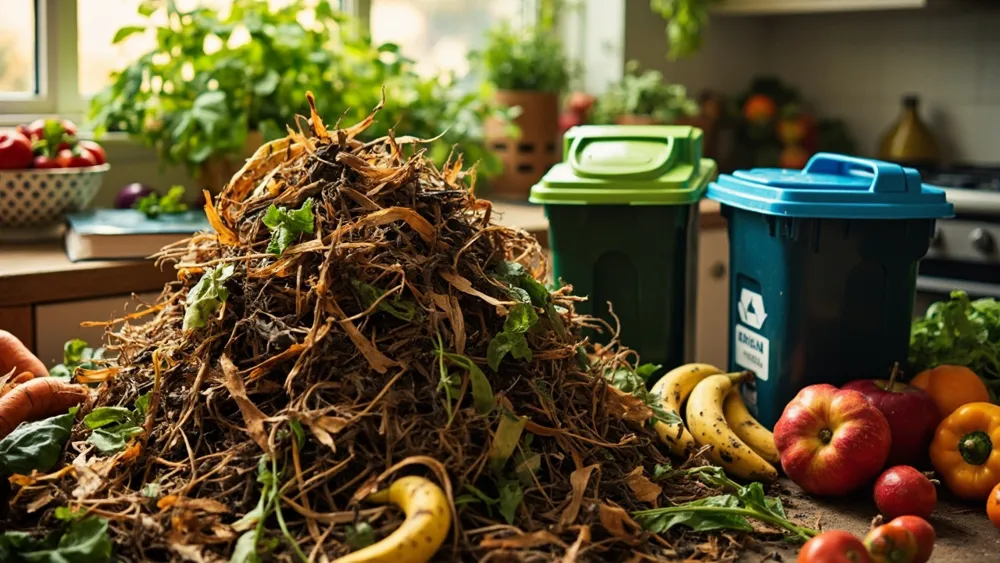Letting flies consume our food waste: a good idea?

As global food waste continues to escalate, innovative solutions are emerging to tackle this pressing issue. Surprisingly, one of the most effective methods involves using fly larvae, creatures often dismissed as pests. This unique approach not only reduces food waste but offers additional benefits such as producing valuable protein and organic fertilizer. Embracing fly larvae highlights a shift toward sustainable waste management, making it a topic of increasing relevance in our efforts to combat environmental challenges.
Fly larvae, specifically black soldier fly larvae, are voracious eaters, capable of consuming organic matter at astonishing rates. In a prominent example, the city of Vilnius in Lithuania has turned to these larvae to manage the 2,700 tonnes of food waste generated by its residents annually. The larvae can devour over 11 tonnes of food waste during their initial days, all while being housed in a specially designed facility. Remarkably, the process is cost-effective for local authorities, with projections suggesting substantial savings in waste management expenses. Instead of turning to landfill or traditional methods like anaerobic digestion, which only partially addresses the waste issue, fly larvae offer a rapid and efficient alternative.
Through successful initiatives in cities around the world—from Vilnius to Sydney and even in Kenya—fly larvae have proven to be a viable solution for food waste challenges. However, it’s essential to understand the regulatory landscapes that can either hinder or enable such innovations. The debate on whether municipalities should adopt this method continues, especially with regulations in countries like the UK restricting these practices. Considering the grave implications of global food waste—over 1.3 billion tonnes wasted annually—there’s a pressing need for re-evaluating approaches, including potential policy shifts. Would you be ready to accept this innovative solution to waste management, or do you see flies as purely a nuisance? Exploring such questions could spark fruitful discussions as we navigate future waste solutions.
Read These Next

Sina Finance Shares Insightful Weibo Video on Market Trends
Ancient pottery musical instrument, 6,000 years old, showcased in an event highlighting its cultural significance and unique design.

Quantum Confirmation of Conservation Laws
This commentary explores the significant breakthrough in confirming conservation laws at the quantum scale, detailing its implications for science and technology.

Seashell Finance Launches Innovative Solutions for Investors
Beijing's Capital Airport saw major power bank inspections, highlighting safety issues as 3C certifications rise amid market concerns.
